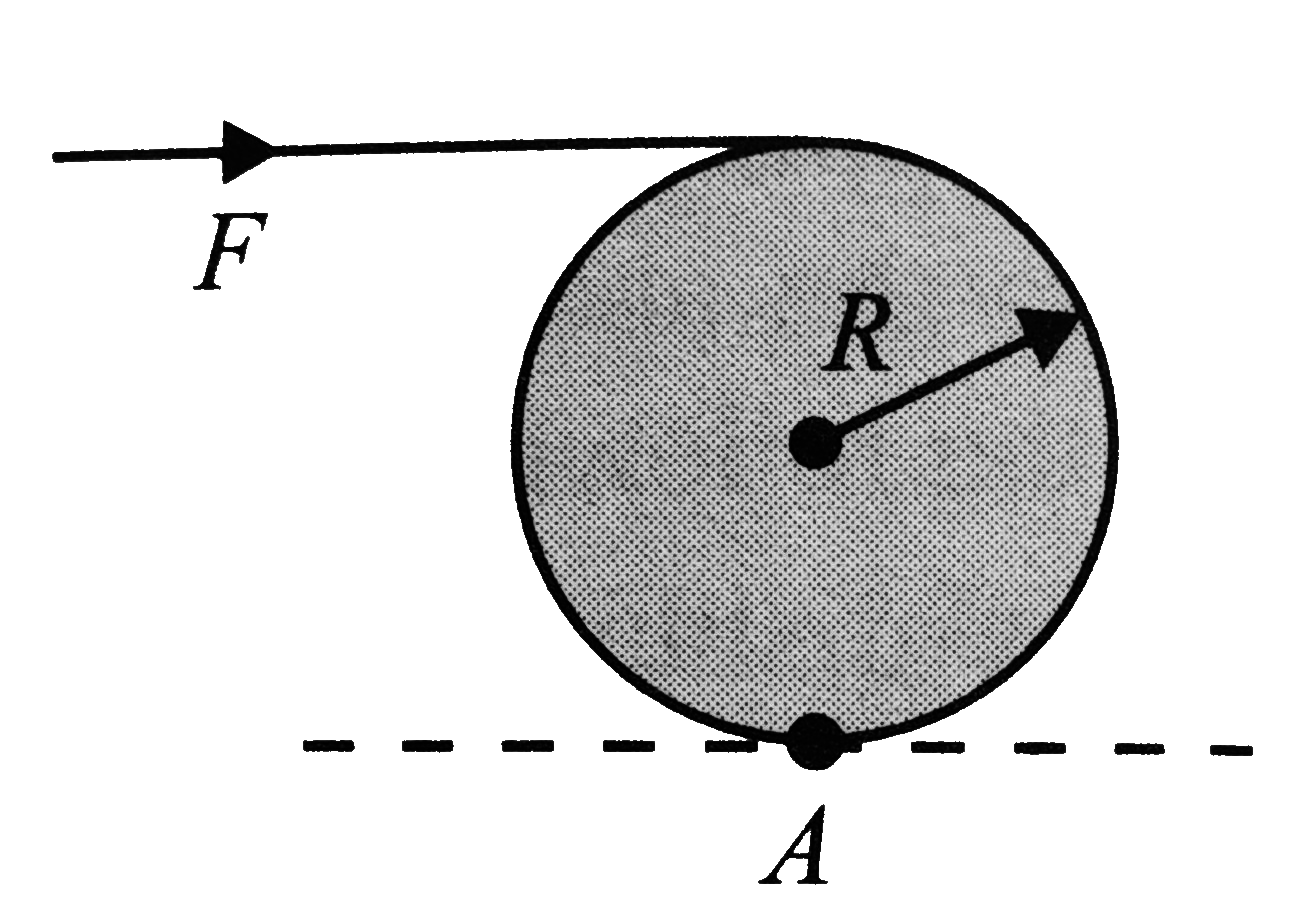When body starts producing antibodies against its own RBCs, resulting in chronic anaemia, the disease is known as
chronic disease
immunity control disease
autoimmune disease
acute anaemia
The correct Answer is:C
Step by step video, text & image solution for When body starts producing antibodies against its own RBCs, resulting in chronic anaemia, the disease is known as by Biology experts to help you in doubts & scoring excellent marks in Class 12 exams.
Topper's Solved these Questions
- BOOK - ARIHANT NEETCHAPTER - BASIC CONCEPTS OF IMMUNOLOGYEXERCISE - Statement based questions8videos
BASIC CONCEPTS OF IMMUNOLOGY
- BOOK - ARIHANT NEETCHAPTER - BASIC CONCEPTS OF IMMUNOLOGYEXERCISE - Assertion and Reason6videos
BASIC CONCEPTS OF IMMUNOLOGY
- BOOK - ARIHANT NEETCHAPTER - BASIC CONCEPTS OF IMMUNOLOGYEXERCISE - Medical entrances gallery77videos
BASIC CONCEPTS OF IMMUNOLOGY
- BOOK - ARIHANT NEETCHAPTER - ANIMALIA-III (CHORDATES)EXERCISE - MEDICAL ENTRANCES GALLARY (COLLECTION OF QUESTIONS ASLED IN NEET & VARIOUS MEDICAL ENTREANCE EXAMS)76videos
ANIMALIA-III (CHORDATES)
- BOOK - ARIHANT NEETCHAPTER - BIODIVERSITY AND ITS CONSERVATION EXERCISE - Section-C(Medical entrances gallery(Collection of questions asked in NEET & Various Medical Entrances Exams))85videos
BIODIVERSITY AND ITS CONSERVATION
Similar Questions
Read the following statements and select the correct ones.
(i) Vaccine is a preparation (or suspension ) of a dead/attenuated pathogen of a disease which on inoculation ( or injection ) into a healthy person, provides temporary/permanent active immunity by inducing antibodies formation.
(ii) Immunisation is the process by which the body produces antibodies against the vaccine preventable diseases through administration of specific vaccines.
(ii) Immunisation is the process by which the body produces antibodies against the vaccine preventable diseases through administration of specific vaccines.View SolutionRead the given Statements regarding immunization and select the option that identifies the correct ones .
I. The principal of vaccination is based on the memory of the immune system .
II.The antibodies produced in the body against antigens neutralise the pathogenic agents before the actual infection.
III. Hepatitis B vaccine is prepared by using a virus in recombination DNA technology.
IV. Antibiotics are given directly in elicit a quick immune response.View Solution
Knowledge Check
- Question 1 - Select One
When a body starts to roo on an inclined plane, its potential energy is converted into
Atranslational kinetic energy onlyBrotational kinetic energy onlyCboth translational and rotational kinetic energiesDneither translational nor rotational kinetic energies - Question 2 - Select One
When a body starts to roll on an inclined plane, its potential energy is converted into
Arotational kinetic energy onlyBtranslational kinetic energy onlyCboth 'a' and 'b'Dneither 'a' nor 'b' - Question 3 - Select One
Read the following statements and select the correct ones.
(i) Vaccine is a preparation (or suspension ) of a dead/attenuated pathogen of a disease which on inoculation ( or injection ) into a healthy person, provides temporary/permanent active immunity by inducing antibodies formation.
(ii) Immunisation is the process by which the body produces antibodies against the vaccine preventable diseases through administration of specific vaccines.
(ii) Immunisation is the process by which the body produces antibodies against the vaccine preventable diseases through administration of specific vaccines.A(i) and (ii)B(iii) and (iv)C(i), (ii) and (iii)D(i),(ii),(iii) and (iv)
Read the given Statements regarding immunization and select the option that identifies the correct ones .
I. The principal of vaccination is based on the memory of the immune system .
II.The antibodies produced in the body against antigens neutralise the pathogenic agents before the actual infection.
III. Hepatitis B vaccine is prepared by using a virus in recombination DNA technology.
IV. Antibiotics are given directly in elicit a quick immune response.View SolutionAn HIV infected individual will show a negative result for an antibody-antigen based test if the body has not produced antibodies. For such a situation, which of the following test could be used to confirm the presence of HIV?
View SolutionWhen strain is produced in a body within elastic limit, its internal energy
View SolutionThe antigen-antibody immunological reaction is used to be regarded as typical of immunological responses. Antibodies are proteins synthesized by specialized cells called plasma cells, which are formed by lymphocytes (cells from the lymph system) when an antigen, a substance foreign to an organism's body, comes in contact with lymphocytes. Two important manifestations of antigen-antibody immunity are lysis, the rapid physical rupture of antigenic cells and the liberation of their contents into the surrounding medium. and phagocytosis, a process in which antigenic particles are engulfed by and very often digested by macrophages and polymorphs. The process of lysis is executed by a complex and unstable blood constituent known as complement, which will not work unless it is activated by a specific antibody: the process of phagocytosis is greatly facilitated when the particles to be engulfed are coated by a specific antibody directed against them.
Phagocytosis is a process in which antigenic particles are by and very often digested by macrophages and polymorphs.View SolutionWhen a body is hinged at a point and a force is acting on the body in such a way that the line of action of force is at some distance from the hinged point, the body will start rotating about the hinged point. The angular acceleration of the body can be calculated by finding the torque of that force about the hinged point. A disc of mass m and radius R is hinged at point A at its bottom and is free to rotate in the vertical plane. A force of magnitude F is acting on the ring at top most point.

Component of reaction at the hinge in the horizontal direction isView Solution

